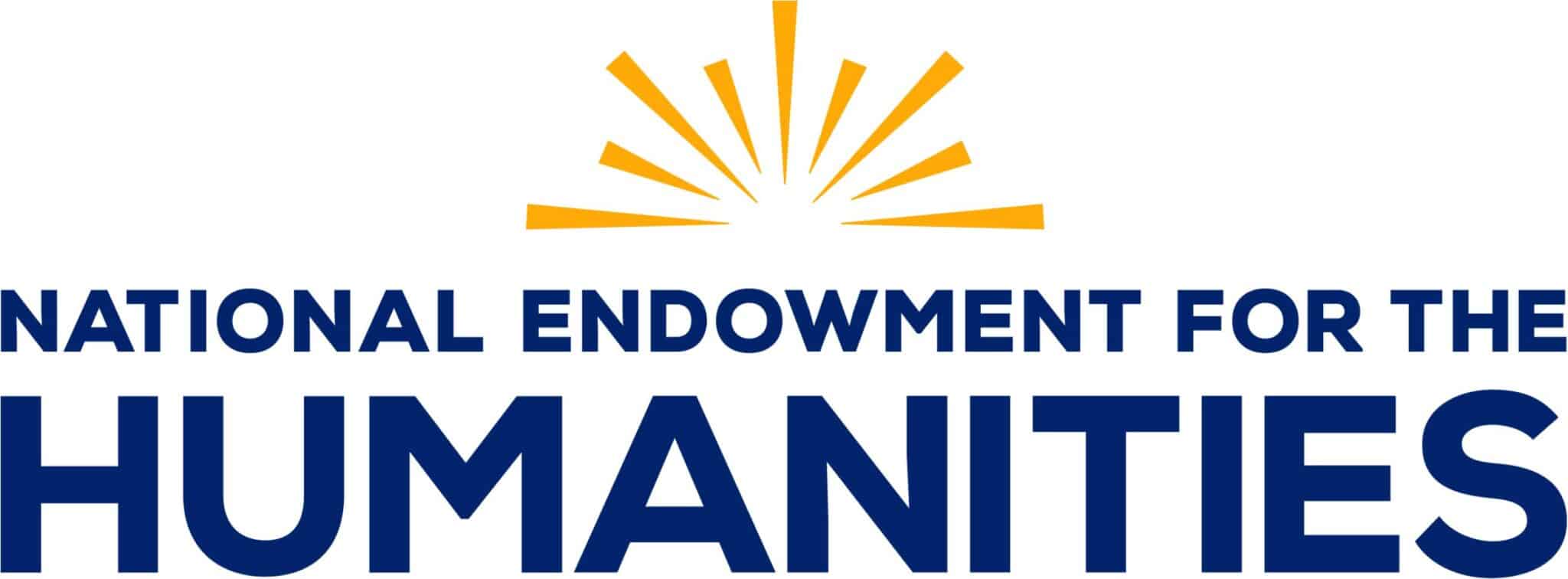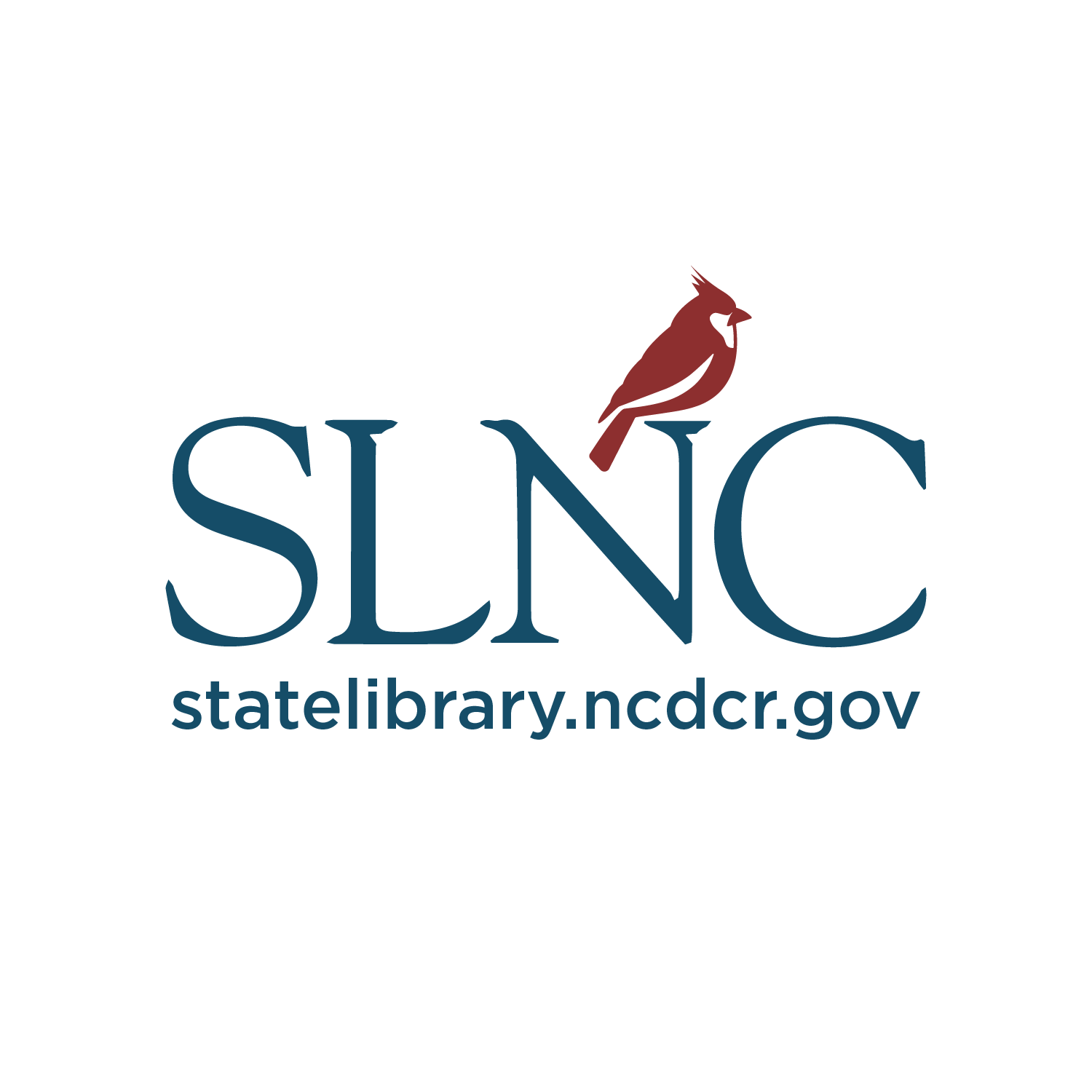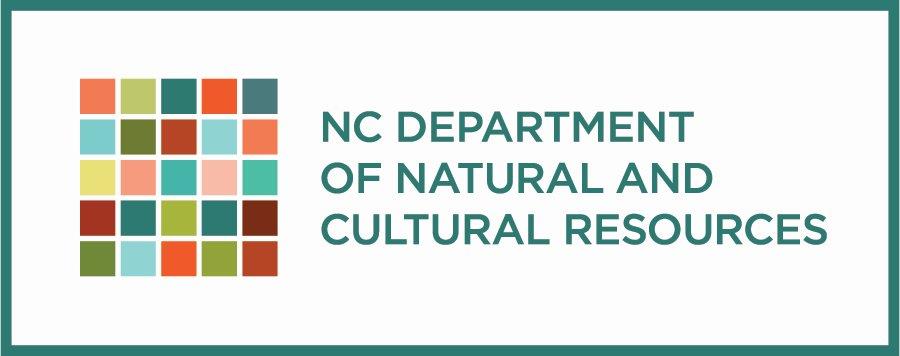Grantee Spotlight: A Q+A with LatinxEd
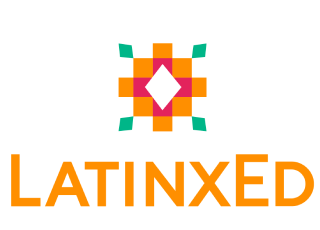
Ricky Hurtado said something during our conversation that was short but powerful “Representation truly matters.”
Today, North Carolina has one of the fastest-growing Latinx* populations in the nation. With a shared love of North Carolina, LatinxEd was cofounded in 2018 by Ricky Hurtado and Elaine Townsend Utin who recognized how pivotal public education was in their lives. Both being children of immigrants and first-generation college students, they asked themselves how they could help make sure that young Latinx students from immigrant families have access to the same opportunities that they did. That premise led to the creation of LatinxEd and has taken the organization in many directions over the years including educational, leadership, and storytelling initiatives.
Although it is a newer medium, taking hold in the early 2000’s, podcasts have become a popular way to listen, share, and talk about information and stories.
In 2020 LatinxEd received a North Carolina Humanities Community Engagement Grant to help launch their new podcast series “Nuestro South”, aimed at providing a space for young people to explore their experiences as Southern Latinxs. Looking to grow their audience and gain new perspectives, in 2021 LatinxEd received a North Carolina Humanities Large Grant to assist with a new phase of work: mentoring young Latinx storytellers in the ways of planning, producing, and disseminating their own stories on the podcast.
We connected with Ricky Hurtado to hear how the “Nuestro South” podcast has created a space for belonging and discovery for young listeners.
*Latinx is the gender neutral or non-binary alternative to Latino or Latina.
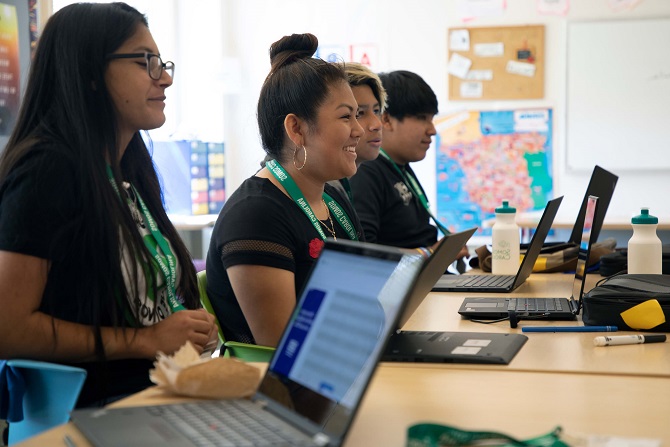 Why a podcast? What role do students play in creating “Nuestro South”?
Why a podcast? What role do students play in creating “Nuestro South”?
Ricky: Podcasting is a cost-effective and creative way to reach people where they are. A lot of the stories we tell on the podcast are based on books that humanities scholars wrote. The podcast format allows us to summarize these complex topics into snippets of stories, while also getting multiple voices in the room at the same time. The podcast is an exercise in connecting the dots. College students are the producers, the directors, the storytellers, the hosts – all of it. That’s done purposely to give young people agency and to empower them to tell their own stories. We often say that you are the expert of your own experience. We work with scholars and authors who advise and guide the process by sharing about their work, and the students do the rest. Young people are not just future leaders, they’re present leaders as well.
Can you explain what the title of the podcast, “Nuestro South”, means?
Ricky: “Nuestro South” is Spanglish. Nuestro being “our” and south being “south”. One of the taglines that the young people always use is, “This is for us, y’all,” meaning there is an opportunity here for people to build a community around a similar lived experience. The way I tell my story is the way that a lot of folks also tell their story: we grew up in a North Carolina where one day we were going to the corner to grab a barbecue sandwich and then the next, we’re eating Mom’s Latin American cooking. “Nuestro South” captures this fusion, bicultural/bilingual identity of growing up in the South but also growing up as the son or daughter of immigrants. Throughout this podcast we want to tell these stories to help people understand that you can love and be part of North Carolina’s history and at the same time have a deep understanding, respect, and pride in where you came from – which are the journeys of our immigrant parents that traveled from Mexico, Central America, South America, and all over the world, to call North Carolina home now. That’s Nuestro South. That’s our south.
What role does storytelling have in LatinxEd’s approach to podcasting?
Ricky: We recognize how important it is for young people to see themselves in the past, present, and future of North Carolina. We see storytelling as a leadership development exercise and a way to connect with history. One of the key factors in our work is this idea that representation truly matters, not just to check a diversity box, but to truly change the educational life outcomes for young people. If young people see themselves in classroom content or in stories, they light up! They gravitate towards the materials in ways that you don’t see when that representation is lacking. Hearing and telling stories is a really rich way for young people to see that they belong in North Carolina, and that they’re a part of its future.
What has it been like working with North Carolina Humanities?
Ricky: We were working on this podcast idea and looking at funding resources for storytelling projects, thinking broadly about the humanities, and low and behold—North Carolina Humanities was there! It’s been fantastic to work with North Carolina Humanities because it really has felt like a partnership, where there’s guidance and support, and real conversations around how we mutually meet our goals. It’s felt really natural. Since podcasting is a newer medium, we’re grateful North Carolina Humanities could see our vision for how “Nuestro South” fits into the landscape of expression.
What’s next for “Nuestro South”?
Ricky: We are always looking for new partners across North Carolina – schools, universities, community centers, whatever it might be – to highlight these stories and to have conversations about “Nuestro South”. If you are a young storyteller or a scholar please contact our team so, collectively, we can lift up even more stories about the Southern Latinx experience.
How can people support “Nuestro South” and LatinxEd?
Ricky: People can learn more, donate, and listen to the podcast at https://latinxed.org/nuestro-south/
About North Carolina Humanities’ Grantee Spotlights: In celebration of our 50th anniversary, NC Humanities Grantee Spotlights shine a light on the incredible work of our grantee partners, offering details about their funded project, and feature a Q&A with a team member associated with the organization.
Photos and logos courtesy of LatinxEd at www.latinxed.org



